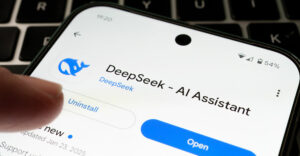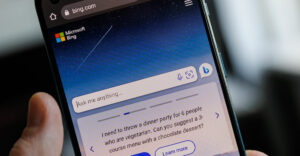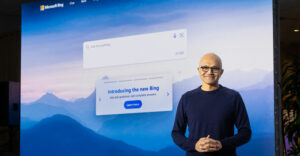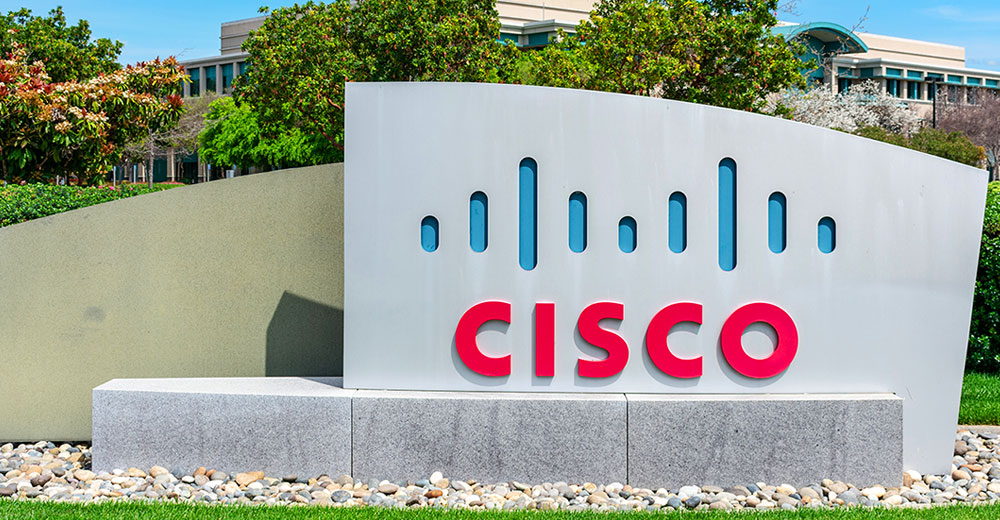
The world’s largest online search engine recently revealed its Google News Badge feature, a system through which readers can earn virtual badges based on their search and reading histories in the U.S. version of Google News.
Someone searching for all the latest news on the NFL lockouts, for example, could earn a football badge. A tech analyst constantly monitoring Google could get a badge labeling them a Google aficionado. Other topics include general news items such as U.S. politics or the stock market; some venture into pop culture subjects like Harry Potter as well. The company said more than 500 badges are available.
The first badge a reader can earn is bronze, and the rewards continue with Silver, Gold, Platinum and finally, the Ultimate level.
Watching Eyes
As with any additional reminder that someone is watching and monitoring search histories, some privacy concerns surround the launch. However, Google insists the badges are private by default, so users don’t have to worry if their search histories are full of things they’d rather their peers didn’t see.
The concerns may not be dire enough to turn users away from Google News in droves, and for some people, the challenge of earning a badge of notoriety is enough incentive to make their reading history public.
“You don’t want a badge for something nefarious, but for some people this will be a badge of honor; they’ll want to demonstrate they have influence in a certain space,” Jeremiah Owyang, industry analyst at Altimeter Group told TechNewsWorld.
Will It Catch On?
It’s unknown whether badges will be popular to a mass audience. Feedback from blogs and social media has carried more of a mocking tone for the company’s gold-star like rewards system that makes Google seem more like a child’s classroom than a giant content provider.
Others call the product launch an awkward fit for the company.
“It appears to sit in a no-man’s land between News, Google+ and Google Reader without necessarily fitting into any of those products. And it definitely seems like a simplistic ‘me too’ approach. Obviously the concept of badges are not new and you could argue that the likes of Foursquare have executed better and that their products are more suited to virtual rewards than something like news,” Giles Cottle, principal analyst at Informa Telecoms and Media, told TechNewsWorld.
Still, for a certain sector of Google News readers, particularly readers trying to wield power or influence in a particular industry, the badges could be a popular mark of notoriety.
The logical step for the service to head, then, would be to integrate badges into content sorting to optimize Google’s search results.
“If this becomes part of the API for applications, then we can see all kinds of interesting things emerge. There are so many opportunities in the way to sort news content. Users could sort their news by experts in the space, and I think that’s where this is going, turning into more of a social editing feature,” said Owyang.
Badges becoming part of a social network seem inevitable, since the timing of the launch coincides with Google’s newest attempt at social networking, Google+.
As of now, the company says badges are not connected to Google’s attempt at a Facebook competitor. But perhaps it’s only a matter of time before badges are displayed on a Google+ profile or a search within the network could reveal Ultimate level badge winners.
Badges could be shown off to different Circles, so for a professional circle a reader could show they’re up to date following a particular industry.
While Google did say that this is the first step for the program and the company would evolve the service as it continues, it didn’t say whether social networking would be part of a newer model.
“We look forward to getting feedback from people on Google News Badges. Our next steps will be a reflection of their feedback,” a Google spokesperson told TechNewsWorld in a statement provided by Jeannie Hornung, communications manager at Google.




















































